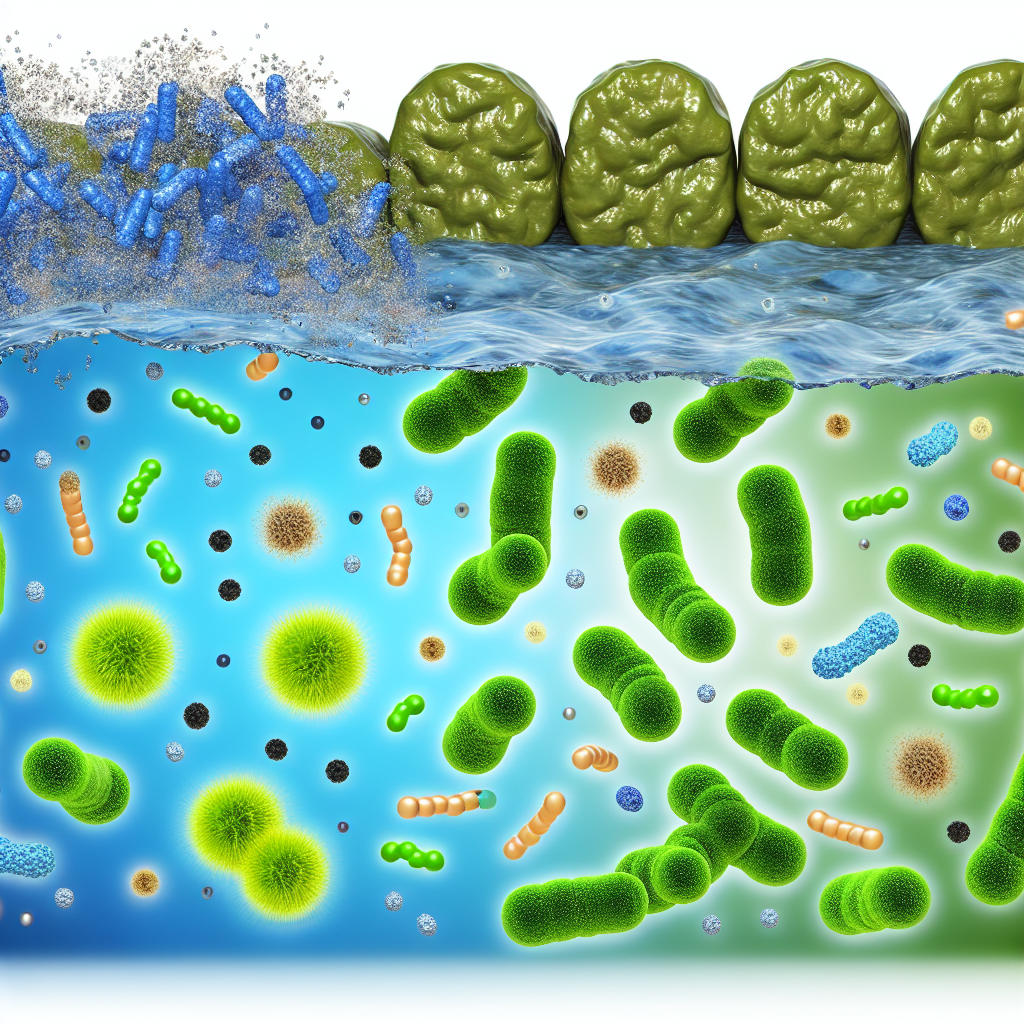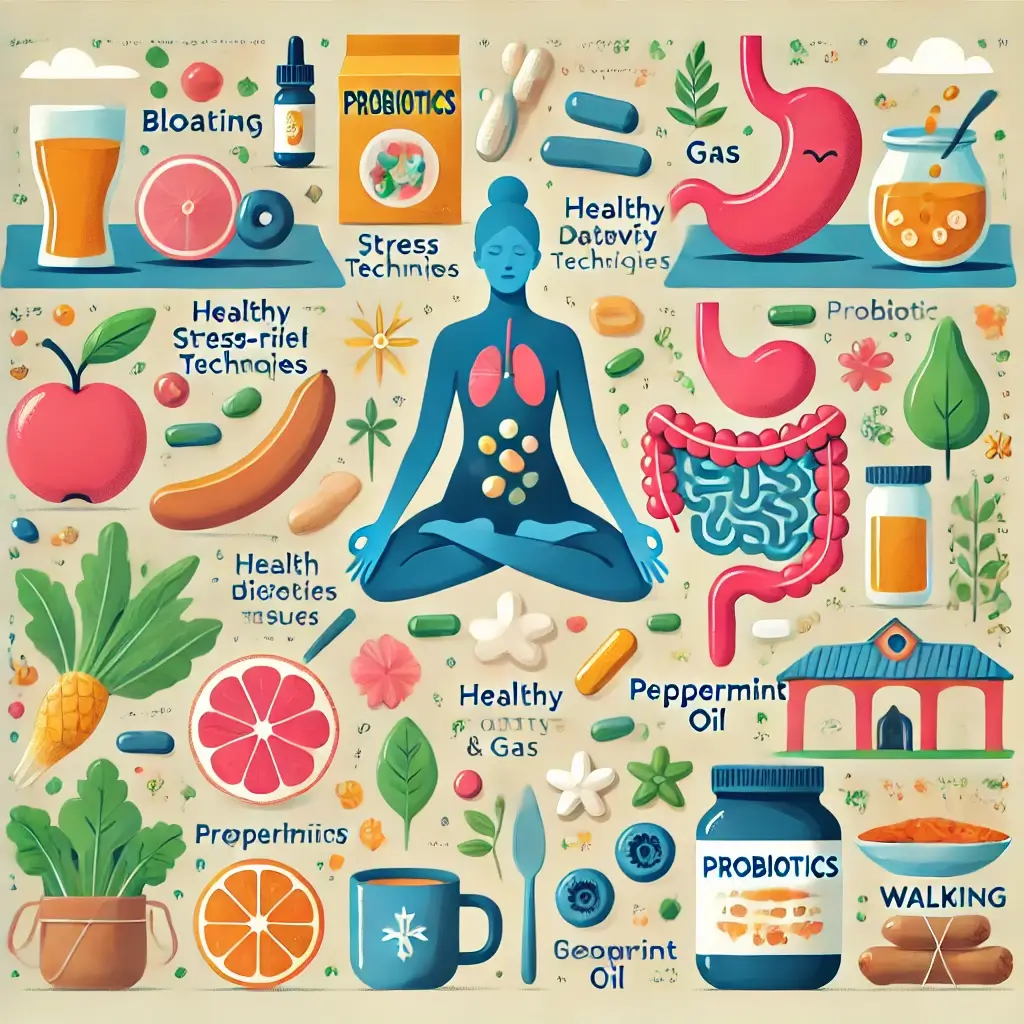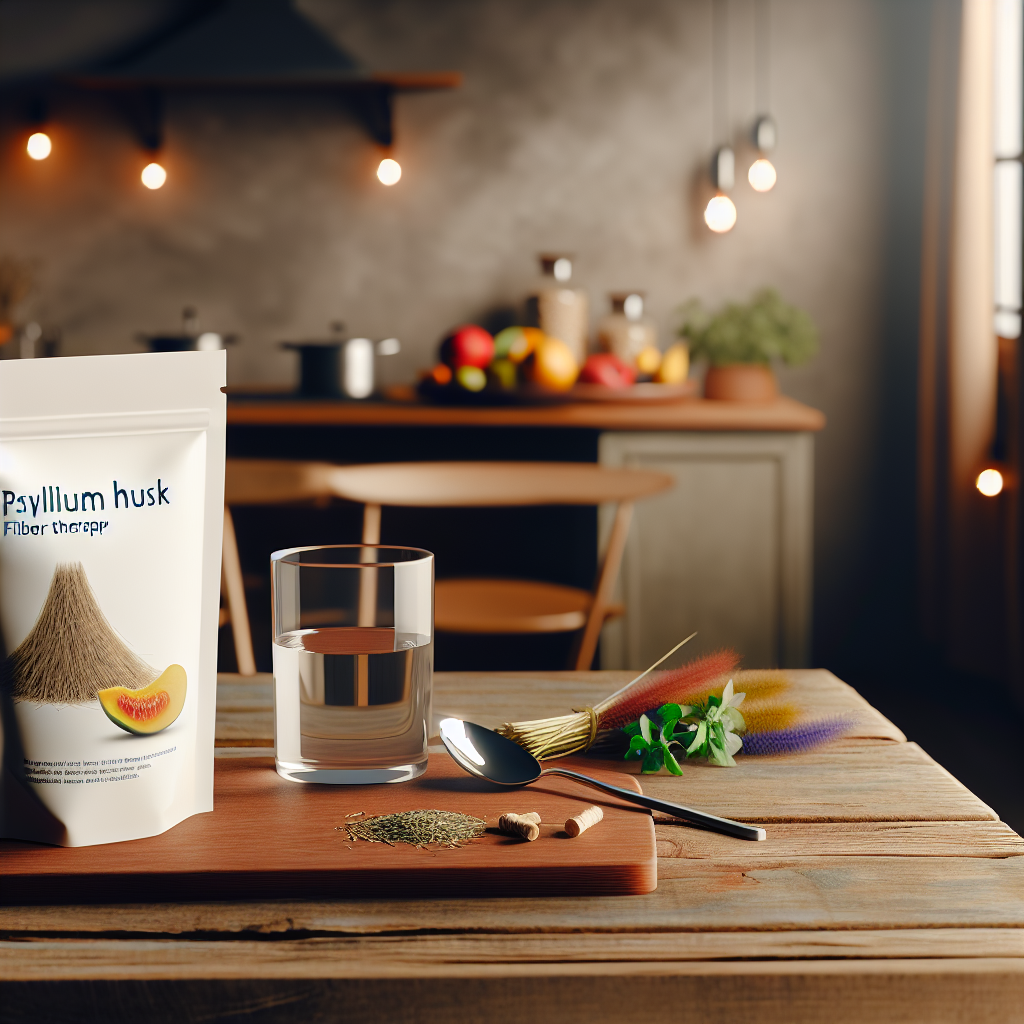Prebiotic Foods That Won’t Trigger IBS Symptoms
For millions of people worldwide, Irritable Bowel Syndrome (IBS) is a daily struggle. This chronic gastrointestinal disorder presents with a range of uncomfortable symptoms, including cramping, bloating, gas, and altered bowel habits. While each individual with IBS may experience different symptom triggers and severities, diet remains an integral part of managing the condition. One commonly accepted dietary strategy for gut health support is incorporating prebiotic foods, which are non-digestible fibers that fuel the growth of beneficial bacteria in the gut.
However, adding prebiotic foods can be a double-edged sword for people with IBS. Many traditional prebiotics, such as onions, garlic, and chicory root, are high FODMAP foods (Fermentable Oligosaccharides, Disaccharides, Monosaccharides And Polyols)—a category of carbohydrates known to exacerbate IBS symptoms. This creates a challenge: how can one feed healthy microbiota without triggering symptoms?
Science-Backed Prebiotics That Are Gentle on IBS
Scientific understanding of the gut microbiome has expanded rapidly in recent years. Numerous studies underscore the vital role of prebiotics in maintaining healthy intestinal bacteria, supporting immune function, and promoting overall digestive well-being. However, for people with IBS, consuming standard prebiotic-rich foods often leads to gastritis, discomfort, and irregular bowel movements due to their high FODMAP content.
The Monash University low FODMAP diet program has been a game-changer in identifying which specific carbohydrates are likely to cause IBS flare-ups. Their research points to several prebiotic-rich foods that fall into the low-FODMAP category, making them ideal for individuals seeking fiber without the fallout of gut irritation.
Green Bananas: A Resistant Starch Miracle
One such food is green bananas. Unripe bananas contain resistant starch, a type of prebiotic fiber that feeds beneficial gut bacteria while maintaining a low-FODMAP profile. A 2019 study published in the Journal of Functional Foods found that green banana flour improved gut microbiota composition while reducing markers of inflammation in IBS patients.
Firm Tofu: A Gentle Soy-Based Prebiotic
Firm tofu is another excellent source of prebiotics considered safe for IBS sufferers. It contains oligosaccharides that don’t ferment as rapidly in the gut, thereby minimizing gas and bloating. Research published by the American Journal of Clinical Nutrition illustrates how plant-derived prebiotics like those found in soy products contribute to higher levels of Bifidobacteria—a key player in a balanced microbiome.
Root Vegetables and Zucchini: Low-FODMAP Gut Soothers
Carrots, parsnips, and peeled zucchini are not only low in FODMAPs but also provide inulin and other dietary fibers that gently promote gut health. According to a 2020 review in the journal Nutrients, low-FODMAP fiber sources can modulate the microbiome without symptoms typical of high-FODMAP foods.
Oats: Beta-Glucan for Balance and Regularity
Oats are perhaps one of the best tolerated prebiotic options for IBS patients. Rich in beta-glucan (a soluble fiber known to act as a mild prebiotic), oats have been shown to improve gut flora diversity while aiding in regular bowel movements. A clinical trial published in the British Journal of Nutrition in 2021 confirmed that beta-glucan supplementation increased beneficial bacteria and decreased episodes of IBS-related constipation.
Kiwi Fruit: Enzyme-Rich and FODMAP-Friendly
Additionally, kiwi fruit has recently been spotlighted in gut health research. While some fruits might trigger IBS symptoms, kiwis are low in FODMAPs and high in soluble fiber and actinidin, an enzyme that helps break down protein and ease digestion. A randomized controlled study in 2021 published in the journal Neurogastroenterology & Motility demonstrated that kiwi consumption improved bowel regularity and reduced discomfort in IBS patients.
Partially Hydrolyzed Guar Gum (PHGG): A Novel Fiber That Works
Interest is also growing in novel prebiotics such as partially hydrolyzed guar gum (PHGG). Unlike other prebiotics, PHGG is a gentle fiber shown to improve gut motility and reduce bloating. A 2016 randomized controlled study from the World Journal of Gastroenterology found that PHGG improved stool consistency and reduced pain in IBS patients, making it a promising functional food ingredient.
Conclusion: Prebiotic Power Without IBS Pain
Managing IBS doesn’t mean sacrificing gut health. With the right selection of prebiotic foods, individuals can nourish their microbiota without inviting unpleasant symptoms. Green bananas, oats, kiwi, peeled root vegetables, and novel fibers like PHGG offer science-backed routes to nourish a healthy gut ecosystem while staying within the limits of a low-FODMAP diet. Always consult with a registered dietitian or healthcare provider when introducing new foods, especially when managing a chronic digestive condition. By making informed, personalized choices, it’s possible to find relief, enjoy food, and support long-term gut wellness—naturally.
Summary: This article explores cutting-edge recommendations for prebiotic foods that are gentler on the sensitive digestive tracts of people with Irritable Bowel Syndrome (IBS). It highlights several science-backed options like green bananas, firm tofu, root vegetables, oats, and kiwi fruit that can nourish gut health without triggering unpleasant IBS symptoms. The article also discusses novel prebiotics like partially hydrolyzed guar gum that show promise for improving digestion and reducing discomfort in IBS patients.
References:
[1] Monash University Low FODMAP Diet – https://www.monashfodmap.com/
[2] Journal of Functional Foods (2019): “Effects of green banana resistant starch on the gut microbiome” – https://doi.org/10.1016/j.jff.2019.103638
[3] American Journal of Clinical Nutrition: “Effects of plant-based prebiotics on gut bacteria” – https://doi.org/10.1093/ajcn/nqz251
[4] Nutrients (2020): “Dietary fibers and prebiotics in the management of functional bowel disorders” – https://www.mdpi.com/2072-6643/12/11/3434
[5] British Journal of Nutrition (2021): “Beta-glucan’s effect on the gut microbiome in IBS” – https://doi.org/10.1017/S0007114521001897
[6] Neurogastroenterology & Motility (2021): “Kiwi fruit improves digestion and wellbeing in IBS participants” – https://doi.org/10.1111/nmo.14067
[7] World Journal of Gastroenterology (2016): “Partially hydrolyzed guar gum alleviates symptoms in IBS-D patients” – https://www.ncbi.nlm.nih.gov/pmc/articles/PMC4808432/

Dominic E. is a passionate filmmaker navigating the exciting intersection of art and science. By day, he delves into the complexities of the human body as a full-time medical writer, meticulously translating intricate medical concepts into accessible and engaging narratives. By night, he explores the boundless realm of cinematic storytelling, crafting narratives that evoke emotion and challenge perspectives.
Film Student and Full-time Medical Writer for ContentVendor.com



